In the first installation of The Vanderbilt Project on Diversity and American Democracy, presidential historian John Meacham narrated conversations with former Vice President Al Gore, a former Vanderbilt School of Divinity and School of Law student, and 66th Secretary of State Condoleezza Rice.
The event streamed less than two weeks after the attacks on the U.S. Capitol, further emphasizing the importance and relevance of its focus on unity.
Since its opening event, the project has published numerous research reports written by Vanderbilt faculty on the topic, including “Words Matter: What an Inaugural Address Means Now” by Vanessa Beasley, “To Prove Yeats Wrong” by Michael Eric Dyson, “The Republic of the Inattentive” by Eunji Kim, “Polling Problems and Why We Should Still Trust (Some) Polls” by Joshua Clinton and “Making Government Work Part I: Dispelling Myths About Civil Service” by David E. Lewis.
Conversation with Gore
Gore discussed his long-time climate change and political endeavors in relation to the importance of reasonable and truthful political discussions.
When discussing two of his books, “The Assault on Reason” and “An Inconvenient Truth,” he brought up the wars in the Middle East and their effect on the American social and political state today.
“Some of the unsettled feelings in our country right now come not only from the stagnation of income, then family wealth, over the past 40 years for middle-income families, but also from the debilitating four trillion dollars wasted, lives lost, not to mention the lives of those in other nations lost, from this war that was pursued on absolutely totally false pretenses,” Gore said.
He drew the connection between this situation which, according to him, was built on falsehoods, and the events that led up to the attacks on the Capitol, citing the uncertainty surrounding the presidential election.
“Our democracy depends upon a pre-discourse in which we come up with what we can all agree is more likely to be true than not,” Gore said.
Gore also discussed how the media, particularly the Internet, serves as an “information ecosystem,” capable of relaying knowledge, but also propaganda. He claims that information is now more filtered than before, creating “echo chambers” of ideas which tear apart democracy, unity and the country as a whole.
“People listen to what they want to hear and watch what they want to see,” Gore said.
Despite this polarization, Gore remained hopeful that democracy and moderation will be restored, possibly to a greater degree than before. He said that he is committed to promoting truth and helping others to see the truth via his own work and teachings.
Conversation with Rice
Rice engaged in a case study of the President’s Emergency Plan For AIDS Relief (PEPFAR) and its comparisons to the COVID-19 pandemic and vaccine.
“It was in the context of having a strong compulsion to help those who are trying to help themselves,” Rice said about the initiation of the program.
Delving deeper into PEPFAR, Rice discussed the religious origins of the project. She said that, regardless of denomination, religion stems from compassion, making its immersion in American culture and citizens’ commitment to helping others natural.
Meacham and Rice both added that religious beliefs can bring about change and unity, such as via PEPFAR.
“There is a special obligation that religious people feel [to be compassionate to others], and mobilizing that on the behalf of important policy interests is a good thing,” Rice said.
Rice said that PEPFAR soon developed into a long-term “network of health services” to ensure effectiveness and compliance throughout countries. This infrastructure has remained intact throughout the Ebola epidemic and the COVID-19 pandemic.
Rice cited three crucial questions that the government considered when debating establishing PEPFAR.
“First, is this consistent with our interests? Then, what does it say about us as a people? Third, can we make it effective?” Rice said.
Aside from PEPFAR, Rice also discussed how the 9/11 attacks forced other initiatives to be set aside, such as immigration reform, and emphasized why America needed to help other nations lead more effectively to improve their quality of life.
“The freedom agenda—the democracy agenda—yes, it was about elections, and governments and so forth but they were also about making people’s lives better, and especially giving governments that were trying to be better tools to assist them,” Rice said.
Rice also touched upon areas she believes the U.S. can improve in the next few years, such as climate change, political extremity, worldwide poverty and countrywide unification.
“This country will lose a piece of itself if it just becomes about our problems and our concerns and what we need,” Rice said.
Despite this, she emphasized the need for domestic unification projects, potentially through voluntary national service, due to current political and social partitions.
Opposition to Project
Many Vanderbilt community members disapproved of the project, overarchingly claiming that it fails to fully encompass unity, including obstructions to it.
“Unite with Nazis! Integrate with Insurrectionists! Collude with Coup Leaders! Kumbaya with the KKK! Confederate with the Confederates! Work Together with White Supremacists! Love it, Vanderbilt! Keep up the Good Work!” Gregory Ridgel, class of 2020, tweeted. “Preaching unity instead of accountability allows folks to see their hateful, malicious ideals as worthy of conversation, continues to oppress folks that the US has always oppressed and doesn’t solve the roots of the division: intolerance, hatred, patriarchy and white supremacy.”
Additionally, others took to social media stating that Vanderbilt lacks acknowledgment of divides in the country despite their claims of commitment to unity, especially via the project.
“For those alumni who donate, I encourage you to withhold any and all donations to @VanderbiltU due to their lack of condemnation of white supremacy, fascism and those who helped to incite violence at the Capitol this past week,” Tommy Oswalt, class of 2020, tweeted.
Furthermore, others discussed their beliefs of Vanderbilt’s hypocrisy concerning unity, citing actions by the university.
“Are we coming together in the building named after a slave owner or the dorms that were denied to homeless students?” Hannah Hickman, a senior, tweeted.
Per the project’s website, Vanderbilt states that it has been in the works for months, before the attacks at the Capitol.
“Months ago, Vanderbilt scholars began to explore how we could play a productive, active and meaningful role in helping heal our national fissures and seek a path towards a more united states,” the page reads.

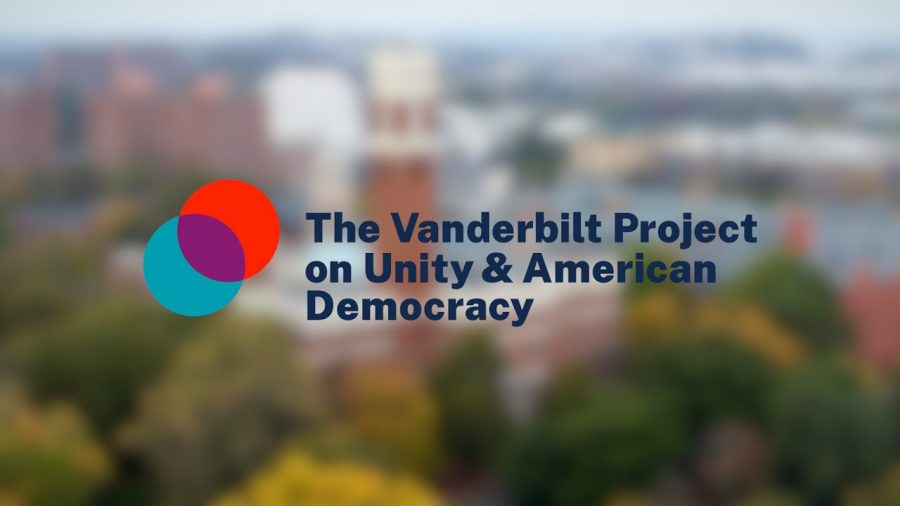

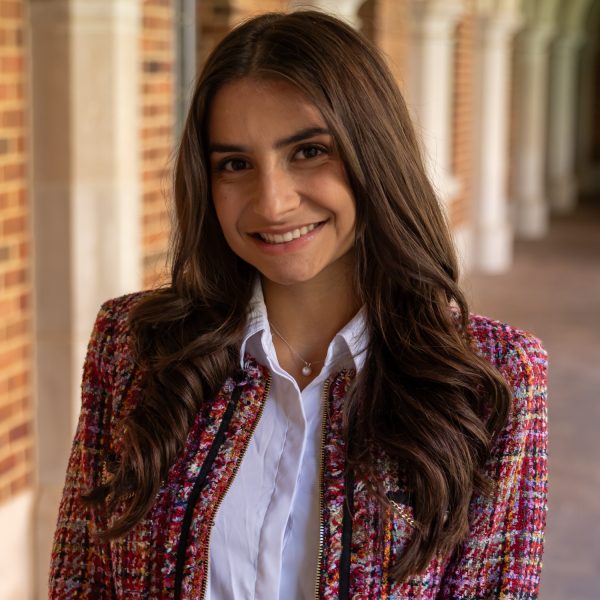
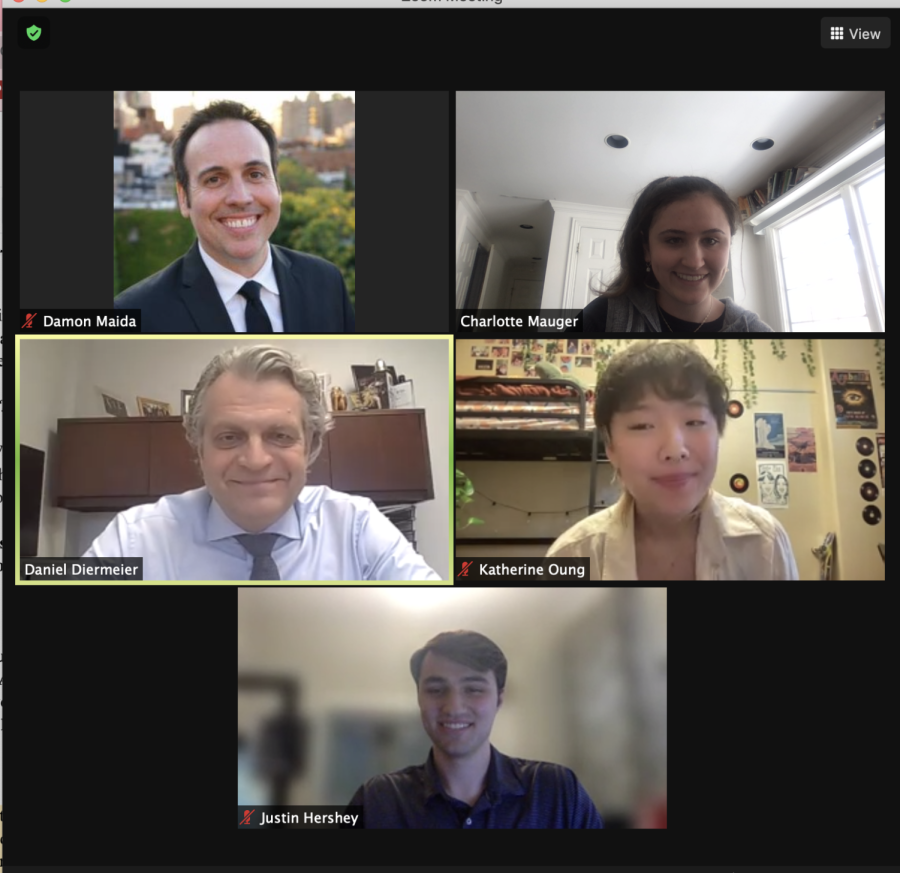
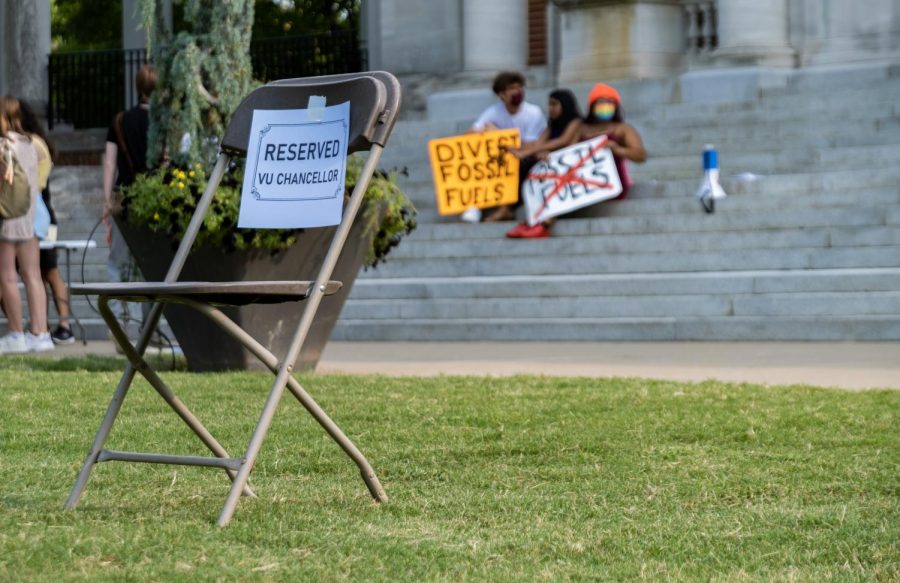
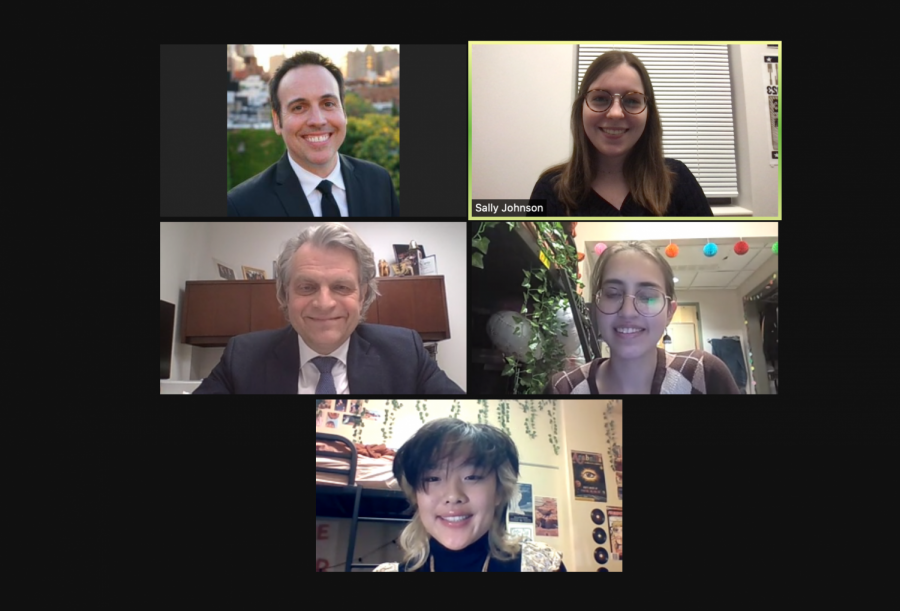
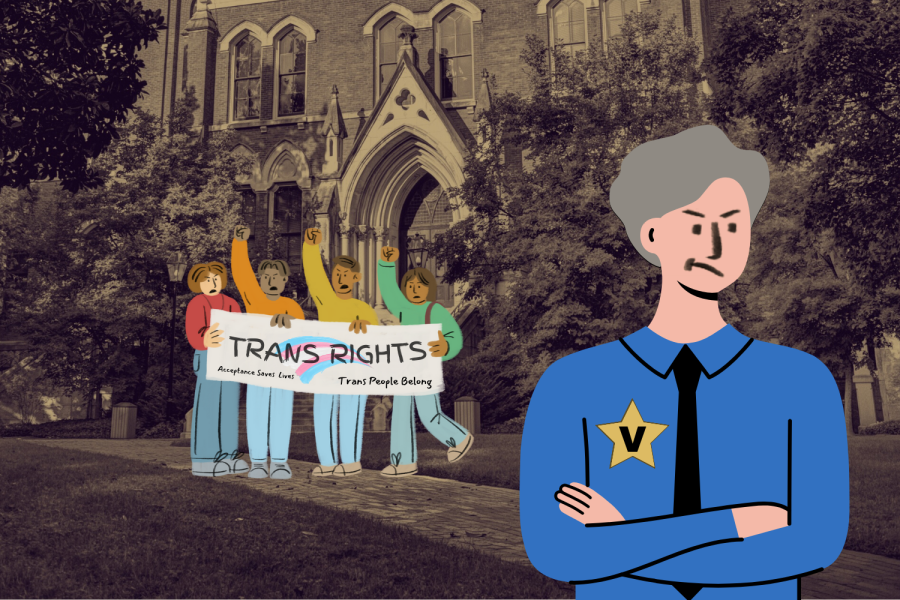
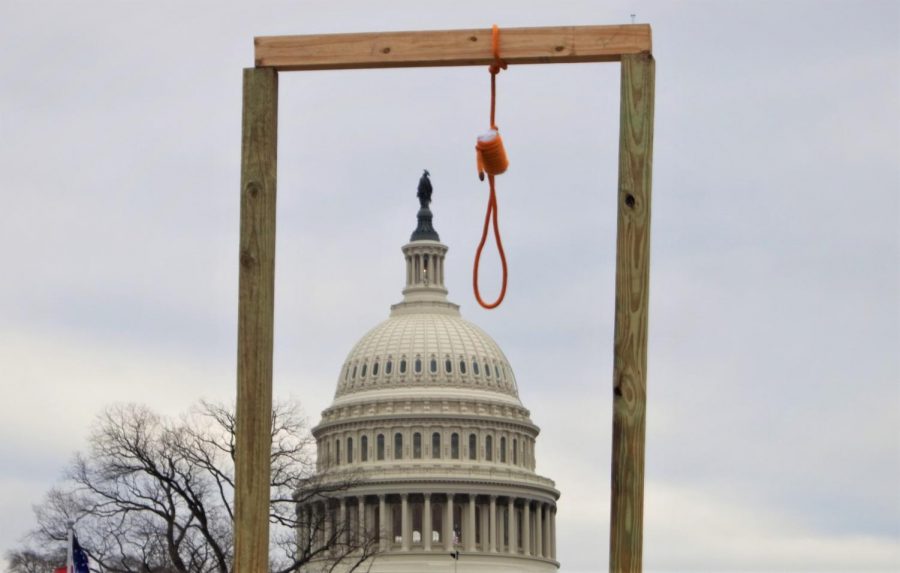
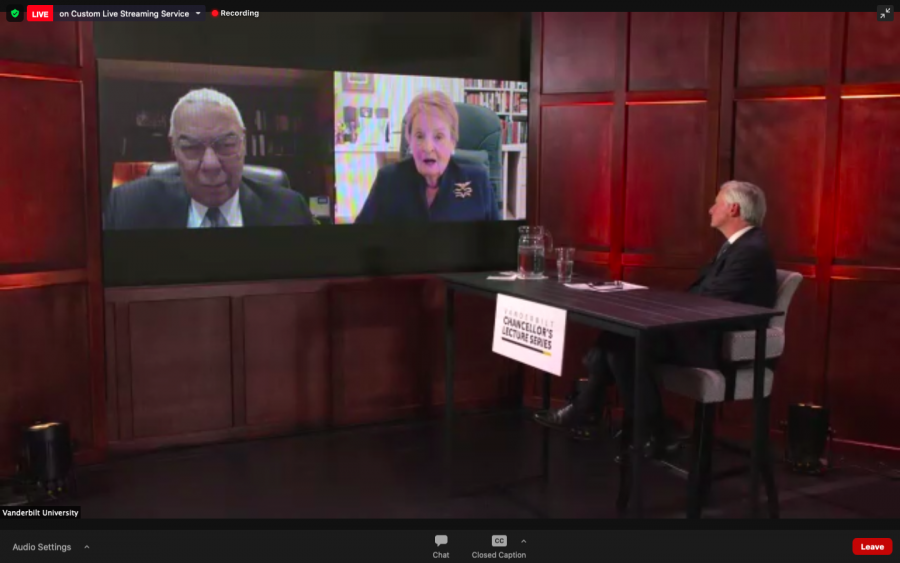
Mike Turner • Jan 30, 2021 at 9:04 am CST
What to say here. Vanderbilt is a lost cause. Used to be a great university. Now just a place among all other institutions to send young minds to be further indoctrinated into mindless socialism.
A Voice of Reason • Jan 25, 2021 at 11:15 am CST
To the Vanderbilt alumni saying that this “unity project” preaches people to “Unite with Nazis! Integrate with Insurrectionists! Collude with Coup Leaders! Kumbaya with the KKK! Confederate with the Confederates! Work Together with White Supremacists!”…. Do you realized that 47% of the country voted for Trump? This lecture series is obviously intended to promote the 47% that voted for Trump to better get along with and understand the viewpoints of the 51% who voted for Biden. And vice versa. Yes, there are a few thousand people who got out of hand at the capitol, and yes, they should be condemned for doing so. But anyone who thinks this lecture series promotes students to “unite with Nazis” is pidgeonholing almost half of the country. How is stereotyping nearly half of the country a good thing? Stereotyping half of the country is about as counter to inclusivity as I can think of. This person probably could benefit by attending this lecture series….
Mike Turner • Jan 30, 2021 at 9:11 am CST
Do you truly believe a majority of voters voted for the Sniffer in Chief? I’d be astonished beyond words if even 1 million living people voted for Beijing Biden. I currently have no choice but to accept Biden is president, but just like buffoon Barry, I will duly ignore his existence.